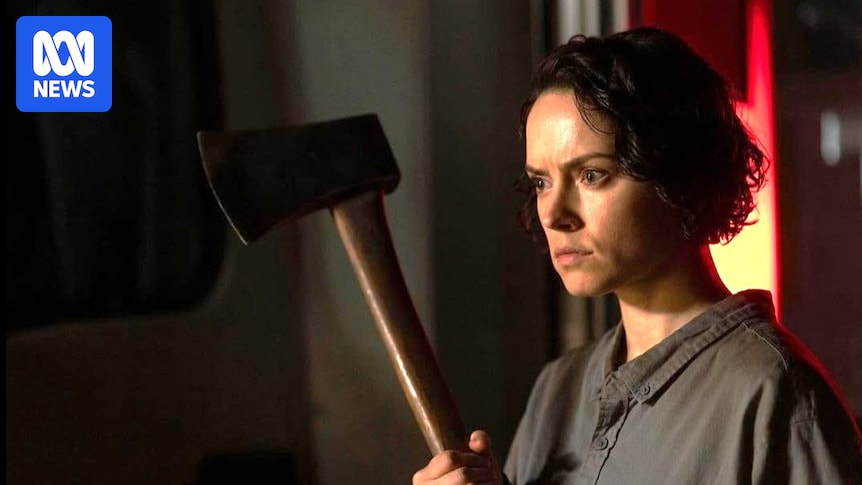
For nearly a decade, The Late Show with Stephen Colbert dominated the late-night television landscape, captivating audiences with its sharp satire, particularly targeting former U.S. President Donald Trump. However, last week, CBS made a startling announcement: the show will conclude its storied run in May, marking the end of a three-decade legacy that began with David Letterman in 1993.
CBS attributed the cancellation of The Late Show to financial constraints. Yet, this explanation has not convinced everyone. Speculation has run rampant, with discussions centering around Trump, Paramount, and recent corporate mergers. Fans have taken to the streets outside New York’s Ed Sullivan Theatre, where the show is filmed, brandishing signs that read, “Colbert Stays! Trump Must Go!”
The Merger and Its Implications
On Friday, the Trump administration gave its nod to a significant merger between Paramount Global and Skydance Media, a move that sees Skydance taking control of the entertainment behemoth. This development has fueled conjecture about the potential influence of political and corporate interests on the show’s fate.
The merger, valued at $12 billion, is poised to reshape the media landscape significantly. Industry analysts suggest that this consolidation could lead to strategic shifts in content production and distribution, potentially prioritizing profitability over diverse programming. The timing of the merger’s approval and the show’s cancellation has led many to question whether there is a direct connection.
Speculation and Reactions
While CBS maintains that financial considerations were the primary reason for the show’s cancellation, the timing has raised eyebrows. Some media experts argue that the merger could have indirectly influenced the decision, as companies often reassess their portfolios during such transitions.
According to media analyst Sarah Thompson, “Mergers of this magnitude often lead to a reevaluation of assets. Shows that may not align with the new strategic vision or financial goals can become vulnerable.” This perspective is echoed by others in the industry who believe that Colbert’s outspoken political commentary may have clashed with the new corporate ethos.
“Mergers of this magnitude often lead to a reevaluation of assets. Shows that may not align with the new strategic vision or financial goals can become vulnerable.” – Sarah Thompson, Media Analyst
Historical Parallels and Future Outlook
The cancellation of The Late Show is reminiscent of past instances where corporate mergers led to significant programming changes. In the early 2000s, the merger between AOL and Time Warner resulted in a similar shake-up, with several shows being axed as the company sought to streamline operations.
Looking ahead, the implications of this merger could extend beyond the U.S. media landscape. Australian media companies, which often look to American trends for guidance, may find themselves reevaluating their own strategies in light of these developments. The consolidation trend could inspire similar moves in international markets, potentially altering the global media ecosystem.
As the dust settles, the television industry will be closely watching how this merger unfolds and what it means for content creators and audiences alike. For fans of The Late Show with Stephen Colbert, the end of an era is bittersweet, leaving many to wonder what the future holds for late-night television.
Meanwhile, CBS has yet to announce what will replace Colbert’s slot, leaving a void in the late-night lineup. As speculation continues, the network’s next move will be pivotal in determining its future direction in the ever-evolving media landscape.







